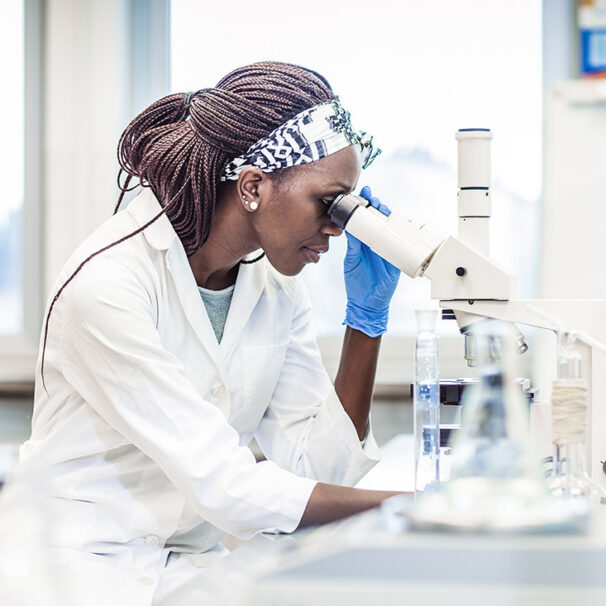HealthProviders DB is a comprehensive database of healthcare providers, including a complete directory of all cytotechnology specialists and technologists.
Pathology Specialists/Technologist Healthcare Taxonomy Code 246QC2700X
As of today, the following are the total number of Cytotechnology Specialists & Technologists nationally, in your State, and near your location.
Select a State below to view the list by State. Additionally, you can narrow the list by city, among other options, from the Filter Panel, which you can open by clicking the vertical ellipses ⋮ in the upper right corner of the app.
Alaska – Alabama – Armed Forces Pacific – Arkansas – American Samoa – Arizona – California – Colorado – Connecticut – District of Columbia – Delaware – Florida – Federated States of Micronesia – Georgia – Guam – Hawaii – Iowa – Idaho – Illinois – Indiana – Kansas – Kentucky – Louisiana – Massachusetts – Maryland – Maine – Marshall Islands – Michigan – Minnesota – Missouri – Northern Mariana Islands – Mississippi – Montana – North Carolina – North Dakota – Nebraska – New Hampshire – New Jersey – New Mexico – Nevada – New York – Ohio – Oklahoma – Oregon – Pennsylvania – Puerto Rico – Palau – Rhode Island – South Carolina – South Dakota – Tennessee – Texas – Utah – Virginia – Virgin Islands – Vermont – Washington – Wisconsin – West Virginia – Wyoming
Medicare
The following are the total number of Cytotechnology Specialists & Technologists who accept Medicare in your State, the number who have opted out of Medicare, and the total number excluded from participation in Medicare nationwide.
The diagram below shows all the Cytotechnology Specialists & Technologists across the country, represented by blue bubbles. The larger the bubble, the greater the concentration of providers in that area. Red bubbles represent Medicare-excluded providers, with the larger bubbles indicating a higher percentage of excluded providers in that region. You can change the bubble size to be based on exclusions from the Size menu.
What do Cytotechnology Specialists & Technologists do?
Cytotechnology Specialists/Technologists examine cell samples under a microscope to detect abnormalities indicative of disease, particularly cancer.
They prepare and analyze various cell specimens, such as Pap test and fine-needle aspiration samples, and document their findings for pathologists who make the final diagnosis. Cytotechnologists play a vital role in providing rapid and accurate diagnoses by collaborating with physicians to interpret microscopic cell structures and identify abnormalities.
What they do
Sample Analysis: They evaluate cell samples from all body sites using microscopes to identify morphological changes, size, and structural abnormalities that may signal disease.
Specimen Preparation: They are skilled at collecting samples, preparing slides, and applying specialized staining techniques to make cells visible and distinguish them.
Pathologist Support: They work closely with pathologists, submitting abnormal slides for further examination and providing microscopic findings to aid in the final diagnostic report.
Collaboration: They collaborate with physicians to assist in collecting cell samples during procedures such as fine needle aspirations (FNAs).
Quality Control: They maintain lab standards by ensuring effective specimen collection and preparation, and by adhering to laboratory safety protocols.
Environment
Career Advancement: With experience and further study, cytotechnologists can advance to supervisory roles, research positions, or become educators.
Work Settings: Cytotechnologists typically work in hospital labs, commercial and private labs, and universities.
Diagnostic Importance: Their detailed microscopic evaluation is crucial for early and accurate diagnosis of diseases such as cancer, precancerous conditions, infections, and other cellular abnormalities.

